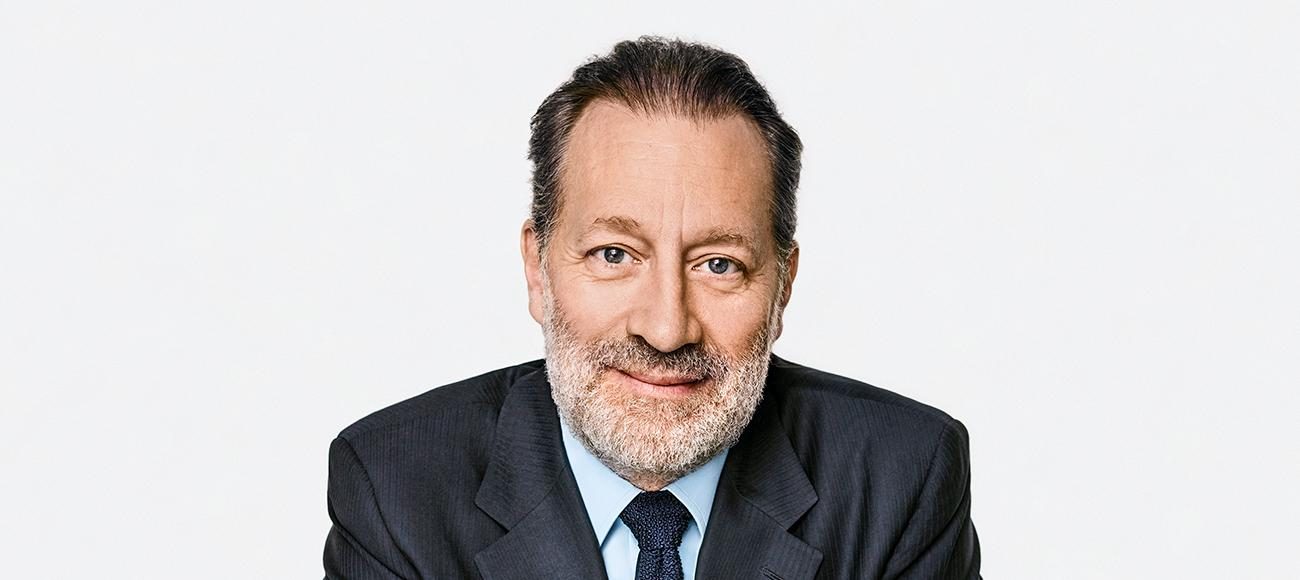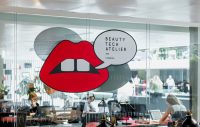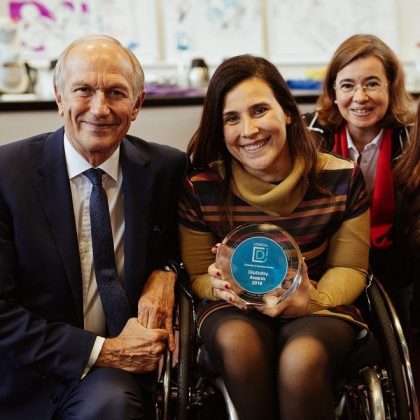"Attracting and developing talent to build the future of beauty"
Jean-Claude Le Grand
Executive Vice-President - Human Relations

At L’Oréal the role of Human Relations has always been to support the Group’s growth and transformations, with one guiding light: the firm belief that, now and in the future, it is the company’s employees who really make things happen. That is why L’Oréal’s human and social approach has always been focused on the employee, with highly individualised management for each person, and with the strength of our team spirit underpinned by a strong policy of inclusiveness.
Year after year, the attractiveness of L’Oréal continues to grow, with more than 1 million job applications received each year, 4.7 million visits to the L’Oréal Careers website, and 1.75 million subscribers on our LinkedIn network. Awards and rankings consistently show us to be one of the world’s most attractive employers. But resting on our laurels is not an option.
We face a dual challenge. On the one hand, we must preserve and sometimes reinvigorate L’Oréal’s traditional strengths and appeal for talented individuals: international careers, fast-tracking, the possibility of changing career paths, a culture of boldness – the Group is always ready to take bets for the right person – and a special focus on internal promotion.
Another of L’Oréal’s strengths is its unique social model, based on the vision that economic performance must go hand in hand with social performance. Our social protection programme, L’Oréal Share & Care, has been in place since 2013, we have had a policy of sharing growth with our teams through “Worldwide Profit Sharing” for a number of years, and in 2018, we launched a share ownership plan, which achieve great success among the employees.
On the other hand, we must keep reinventing ourselves to keep pace with a world that is rapidly changing pace. Linear careers are no longer the sole aspiration of the younger generations. The digital “big bang” is reshaping the world, creating new possibilities and forms of employment, and accelerating the war with our new competitors, the tech giants and start-ups, for the best talent.
More broadly speaking, it is the relationship with work itself that is being redefined, by new demands in terms of work-life balance. Leadership styles and management methods are called into question by the younger generations who want greater freedom and more responsibilities and who are also looking to be trusted to get things done. Talented individuals also choose their employer on its ability to provide them with diverse and inclusive environments.
More than ever before, the keys to future success are an ability to understand the transformations under way and quickly make the most of them, and to be agile and cooperative. One of our responses has been the corporate project Simplicity and the managerial transformation it is inspiring. The roll-out has been backed up by a large-scale training plan (Lead&Enable for Simplicity) for over 10,000 managers. But that’s not all: variable remuneration structures now include cooperation targets, the ability to provide feedback and to switch from a confrontational mode to more collaborative methods, where listening, empathy and co-creation are valued more than competition. This is a continuous improvement programme, with a zero-tolerance principle and corrective measures to deal with practices that clash with the new climate of trust in which teams are taking on increasing responsibility.
With this new approach, Human Relations is innovating and making the most of digital opportunities to respond to aspirations more effectively. At the heart of the Human Relations system, the Disrupt HR project launched in 2017 is an incubator and accelerator for rapid testing and roll-out of ideas. This new approach has already produced the first tools and concrete results in 2018, beginning with artificial intelligence solutions to assist our recruitment teams. More and more initiatives are emerging to meet the need for empowerment, trust and transparency.
2018 also saw the acceleration of the introduction of flex-learning, giving employees decision-making power over part of their development thanks to training. Rolled out in 59 countries, flex-learning enables employees to receive training when and where they need it: they can choose a topic and session from a list of training courses drawn up by Human Relations. The choices made by employees, linked to the challenges facing the company or their individual needs to progress in their careers, have all turned out to be very relevant, and the effects are highly positive both in terms of take-up, and employee motivation.
The Group is even testing a flex-reward system, in which employees participate in determining their pay structure. Disrupt HR also led, in the second half of 2018, to the emergence of POP, a platform enabling fairer and more transparent access to internal mobility.
As these initiatives take on growing importance, our Human Relations increasingly acts as a coach and facilitator at the heart of a triptych – comprising the Human Relations Director, managers and employees – that is more crucial than ever before.




